Dry eye strain can cause headaches. […]
Can Dry Eye Cause Headaches?
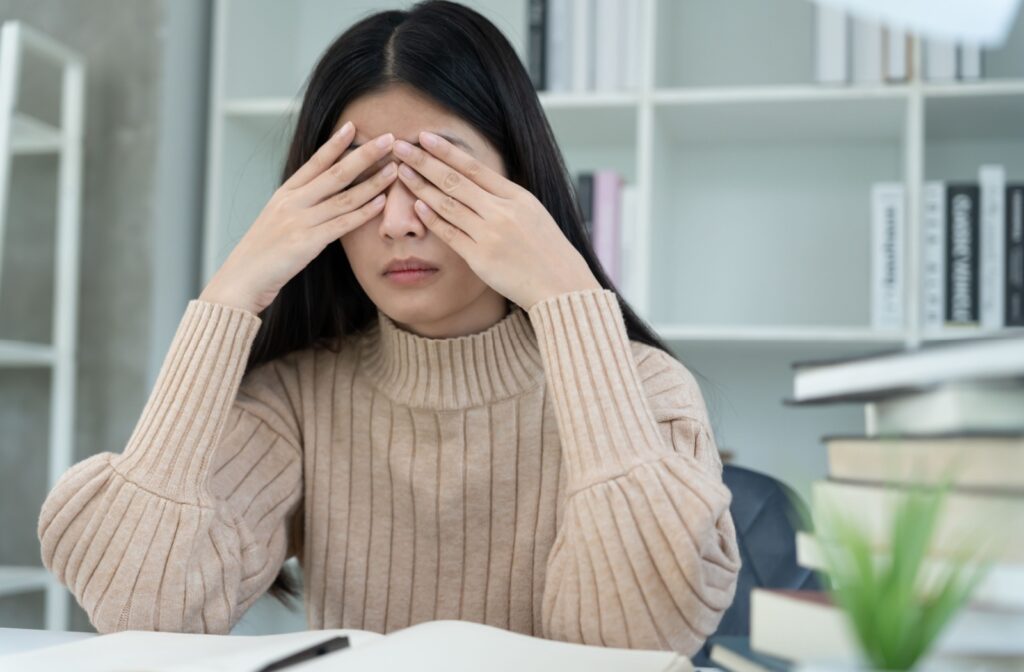


Dry eye strain can cause headaches. […]
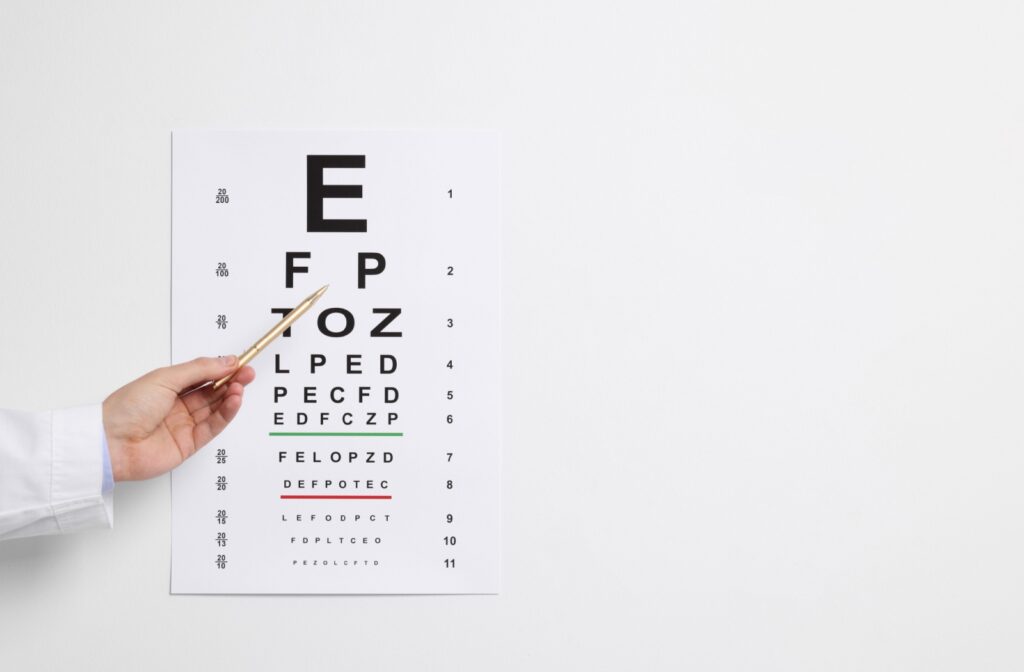
Sudden vision improvement is often temporary and can point to an underlying eye condition, so it’s a good idea to understand the cause. […]
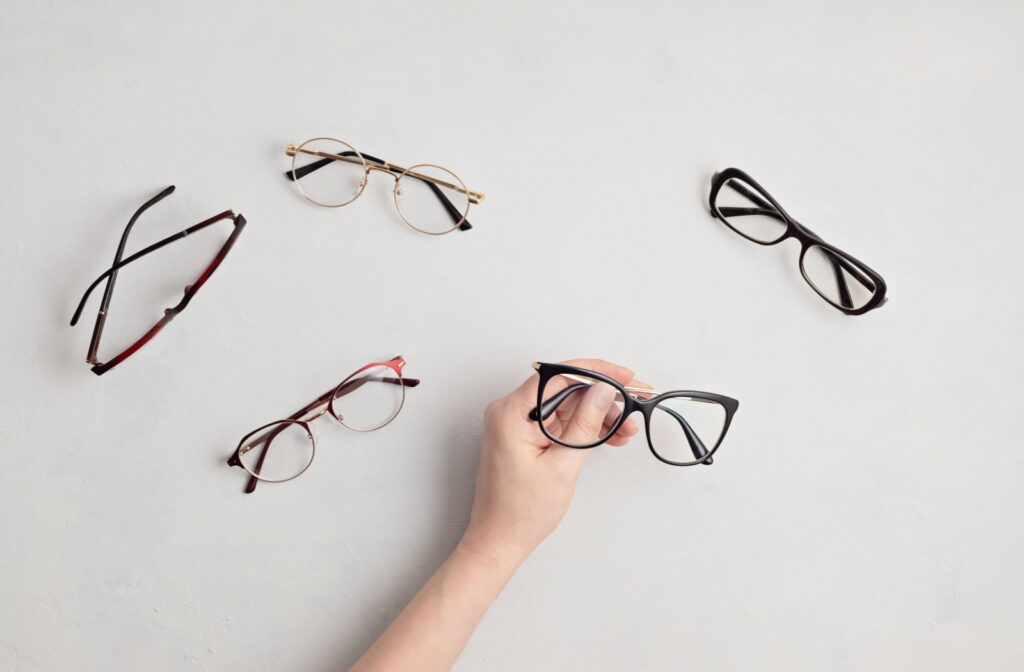
Getting glasses involves recognizing vision changes, scheduling an eye exam, understanding your prescription, choosing frames and lenses, and adjusting to your new glasses. […]
Read More… from I Need Glasses, What Do I Do? Your Step-by-Step Guide
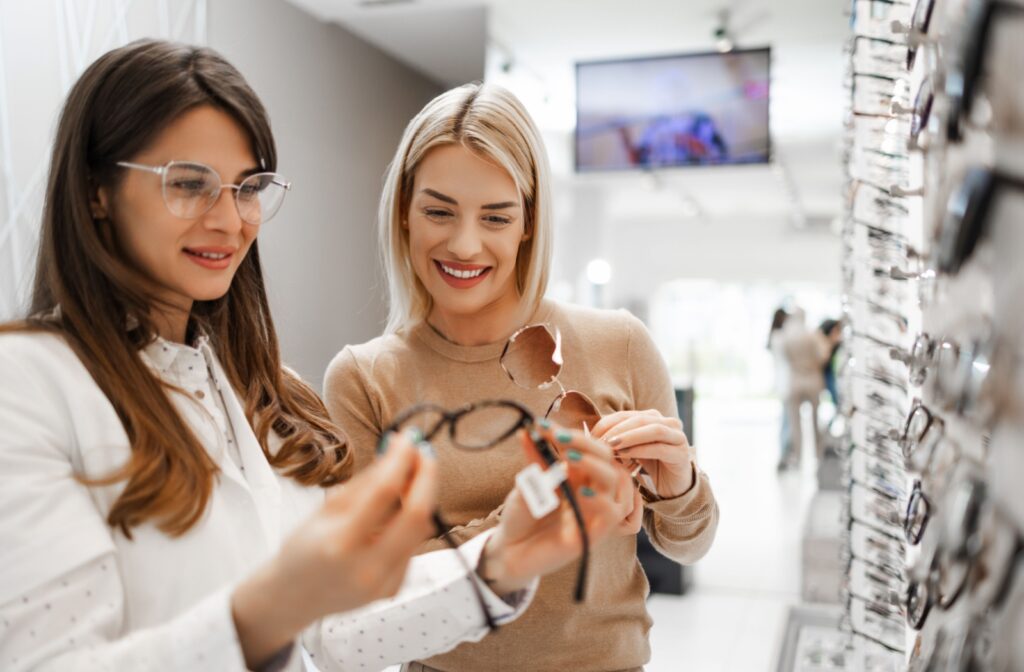
You need a prescription to buy glasses because they’re medical devices that require precise measurements and professional oversight to correct your unique vision problems safely and effectively. […]
Read More… from Why Do I Need a Prescription to Buy Glasses?
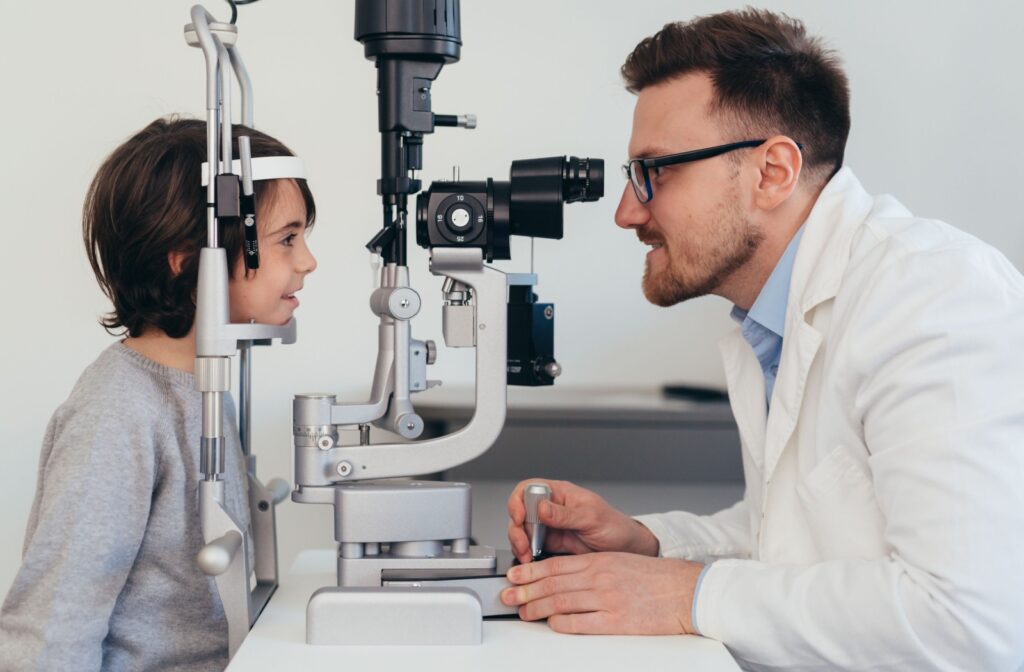
You might notice it when you’re driving—road signs seem a bit fuzzy until you’re right up close. Or maybe your child mentions that the board at the front of the classroom is hard to read. This experience, a condition known as myopia or nearsightedness, is a common part of life for many families. It leads […]
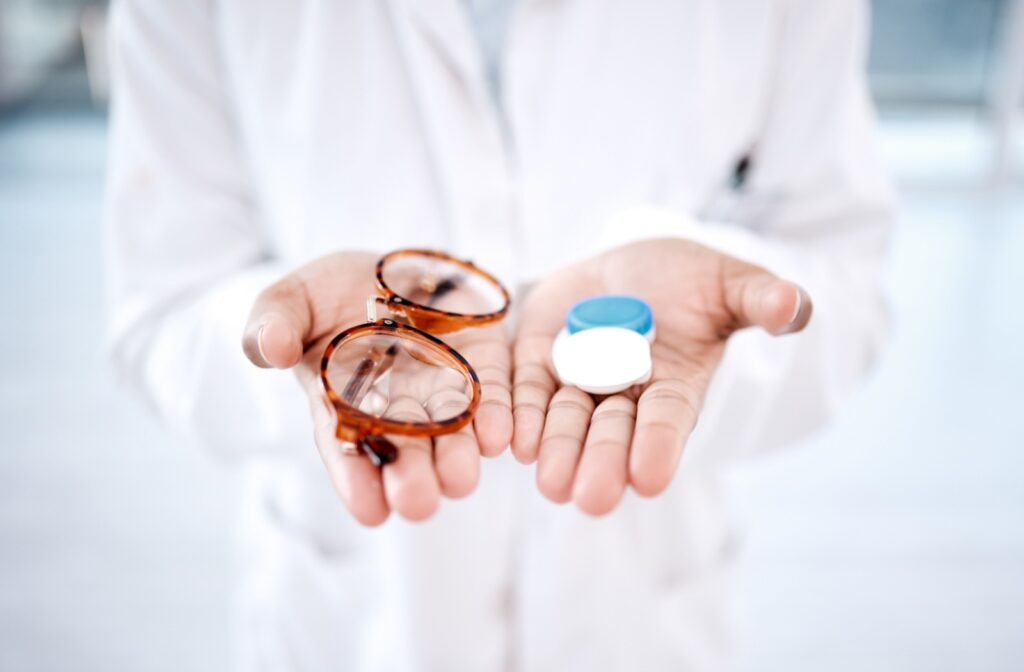
No, you cannot safely or accurately convert a glasses prescription to a contact lens prescription on your own. […]
Read More… from Can You Convert Glasses Prescription to Contact Lenses?
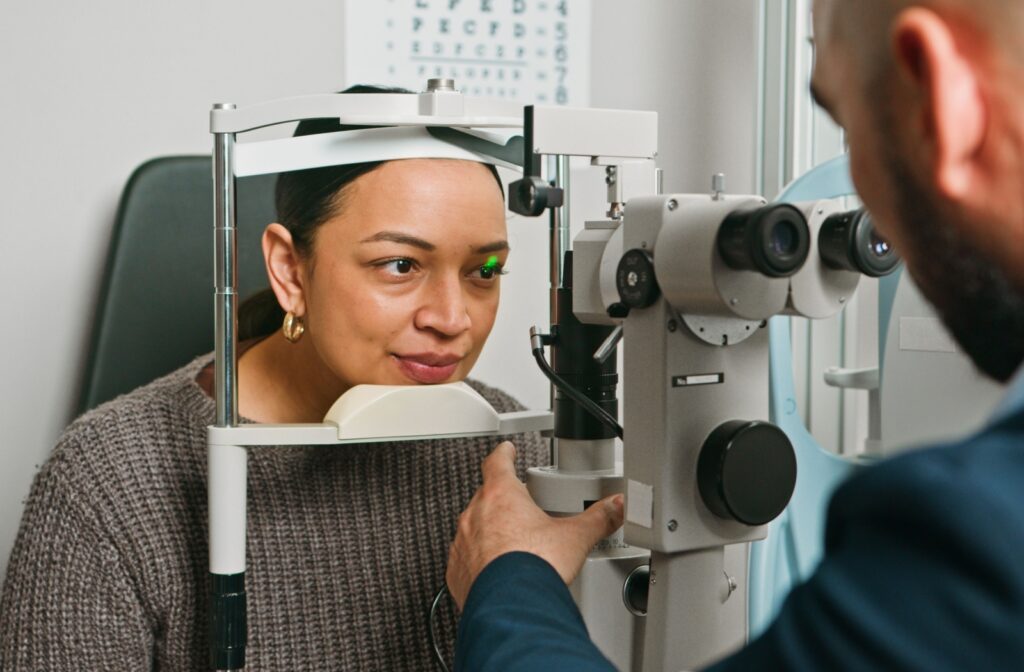
The exam itself usually takes about 30 minutes, but the benefits of protecting your vision can last a lifetime. […]
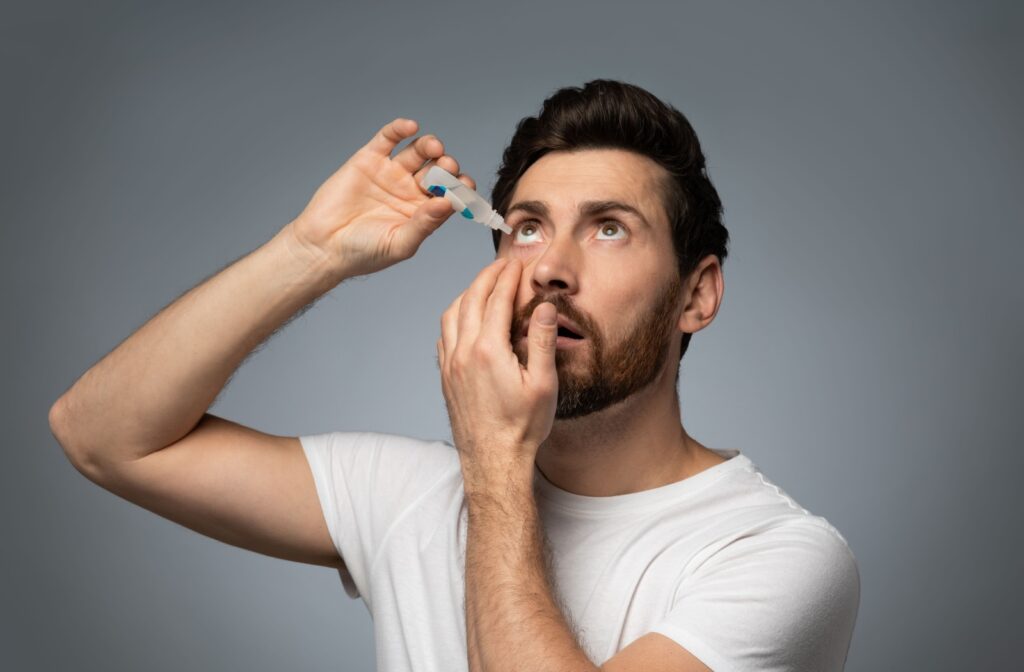
There’s no harm in using artificial tears daily; the key is staying responsible. The real problem is overusing eye drops. Overuse can lead to a cycle of ongoing dependency, irritation, or mask underlying conditions that require targeted treatments. […]

Vision changes are often caused by age, medical conditions, or habits that affect how well your eyes function. […]

Fortunately, by breaking down the cause of your symptoms, you can often distinguish these two issues. Allergies are typically caused by an external irritant, while dry eyes are caused by an issue with tear production or quality. […]
Read More… from Is It Dry Eyes or Allergies? How to Tell the Difference